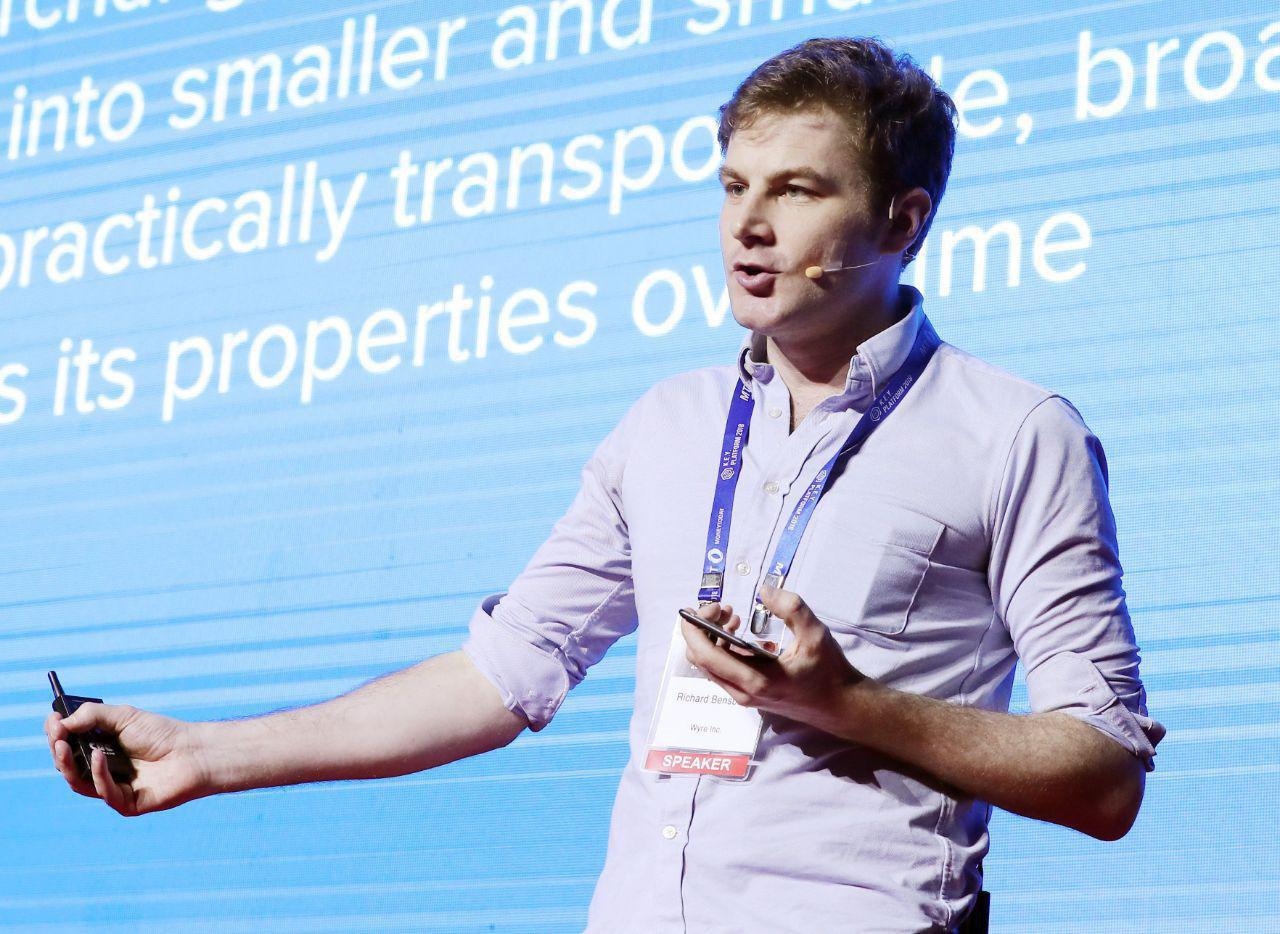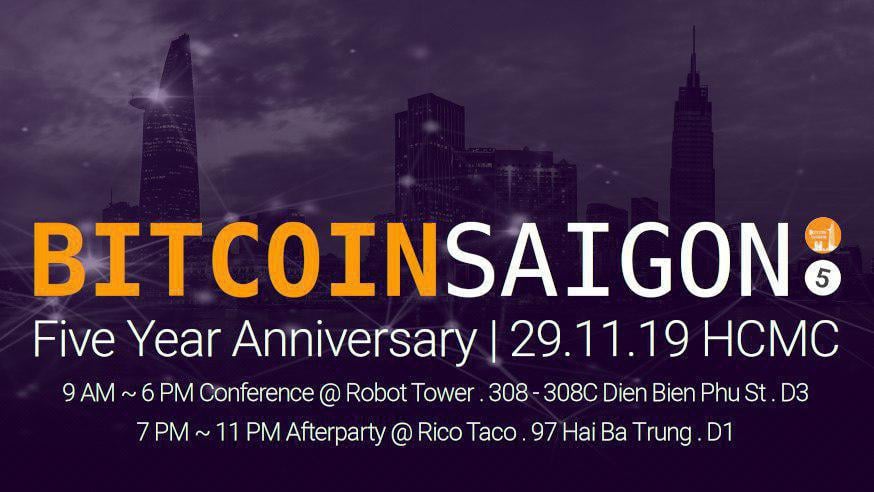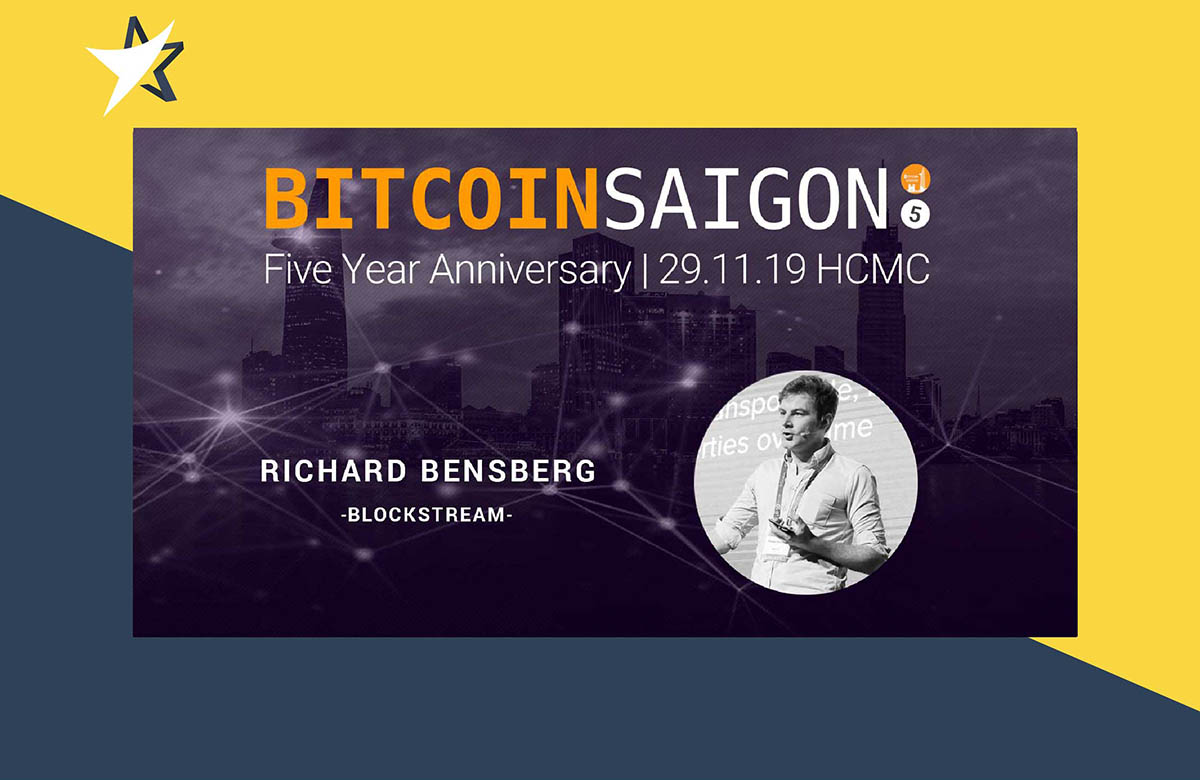Richard Bensberg first discovered bitcoin whilst running a global compliance software company. Quickly realising that bitcoin was the future, Richard left this position to take up a role at OKcoin in Beijing. In 2015, Richard co-founded Remitsy, a cross-border payments platform for SMEs built on bitcoin. When Remitsy was acquired by Wyre in 2017, Richard joined the Wyre team, before joining Blockstream in 2019 to help enterprises build on bitcoin on top of the Liquid bitcoin sidechain. Richard lives in Beijing, and (infrequently) organises the Beijing Bitcoin Meetup.
Q1: Dear Richard – you are one of the speakers at the upcoming 5 Years anniversary event of the local Bitcoin Saigon Community. When did you first time hear about Bitcoin and why did you get interested into it in the first place?
Back in 2012 I was running a company offering compliance software solutions to banks primarily in the UK. Bitcoin was gaining prominence due to the Silk Road and I was interested in how this new way of transacting would be treated by the existing financial system. It wasn’t an immediate recognition of the inevitability of bitcoin’s success, but just the fact that new technology has always fascinated me…so my instinct was to download and run the code. At first, I did nothing professionally but to understand all these new terms (mining, block chain, wallets etc.), I tested the system by mining a minuscule amount through Slush on my desktop GPU, tried small forum / exchange purchases, and propagated transactions on the network (almost entirely to SatoshiDice). Through lurking on Bitcointalk and reading the BTC-e trollbox, I became more and more interested and ultimately quit my job to move back to Beijing and join OKCoin.
Q2: Looking back over the past 5 years – what surprised you most positively, what most negatively in the past half decade of Bitcoin history?
The most positive surprise is that bitcoin has worked the past 5 years with 100% uptime with any major bugs dealt with effectively. I also think the way in which changes have been able to be made via soft-fork is incredibly important. Often shortcuts are taken when bootstrapping new tech, but that has been avoided (and actively fought against), making bitcoin incredibly resilient. The success of UASF was huge. The only negative I can think of was the rapid rise in price which has limited the number of sats it has been possible to stack.

Q3: What can listeners expect to learn from your talk at the 5 Year anniversary event?
At my talk I’ll be discussing Liquid, a bitcoin sidechain built by Blockstream. A lot of people will be familiar with Blockstream through our engineers working full-time on bitcoin, as well as from our Satellite, Green (wallet), Explorer, Lightning implementation, and our many other opensource tools which have widepread adoption. But Liquid is at the crux of the company’s commercial applications, and so I’m looking forward to demonstrasting how it is being used and hopefully inspiring some people looking to build a project with bitcoin as *the* native asset.
Q4: Where do you see Bitcoin, the communities and its general impact on society going within the next 5 years?
The bitcoin timetraveller mesaged us from 2025 (https://www.reddit.com/r/Bitcoin/comments/1lfobc/i_am_a_timetraveler_from_the_future_here_to_beg/) so I can only assume that we will be living in our citadels by then! I believe sound money will be a driver of large societal changes, and I think in 5 years bitcoiners will be just beginning to effect the changes they want to see in the world.
Richard will be speaking at the Bitcoin Saigon anniversary event on the 29th of November about the Liquid Sidechain can provide relief to the Bitcoin main chain – you can grab your tickets here!






















